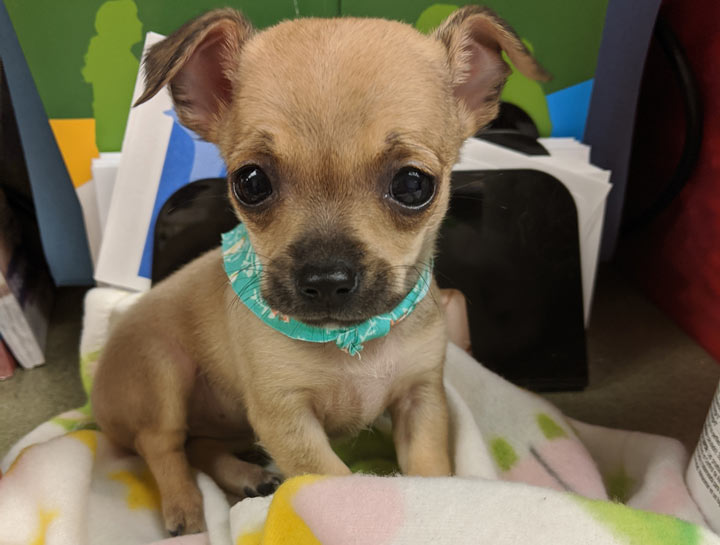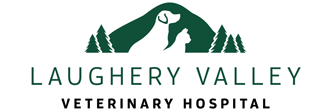COVID-19 & Taking Care Of Your Pet

Many people are wondering if their pets can get the novel coronavirus illness, COVID-19. There are a couple of reasons for this suspicion.
The news has reported that a dog in Hong Kong tested a “weak positive” for the coronavirus. This dog’s owner was sick with COVID-19. Some may know that there is a coronavirus vaccine currently on the market for dogs. Whenever there is a human health crisis, it is normal for people to think about their pets and have questions. Could Molly get sick? Can Bella make me sick?
After a two week quarantine the dog in Hong Kong has tested negative. So far, there has been no evidence that dogs can spread the disease or have any real role to play in the current health crisis. The coronavirus vaccine for dogs is a vaccine that has fallen out of favor with canine vaccine experts as a vaccine that all dogs need. This virus is transmitted in unsanitary and overcrowded conditions. The vaccine is not routinely used, but can be effective in puppies under certain unfavorable environmental situations. Be aware that the canine coronavirus (CCoV) is different than the human SARS-COV-2 currently causing the worldwide pandemic.
If you are not sick with COVD-19, feel free to all the things you normally do with Max. Take him for walks, feed him as usual, and normal play time continues to be a great idea. Especially, since we all may be spending more time at home, this is an excellent opportunity to spend more quality time with our pets. We will all enjoy that.
It is recommended if you are ill with COVID-19 that you should limit you contact with animals as a precaution. Therefore, have someone else in the family walk and feed Buddy. No kissing or hugging him. It is thought that the coronavirus will not survive in pet fur as long as it last on bare surfaces. If you must take care of your pet, wear a mask and wash hands frequently. These are precautionary measures until more information becomes available.
Always listen to recommendations and advice of your health professionals in regards to human and animal health. Eventually we will all get through this together.
Written by Harley Robinson, DVM
